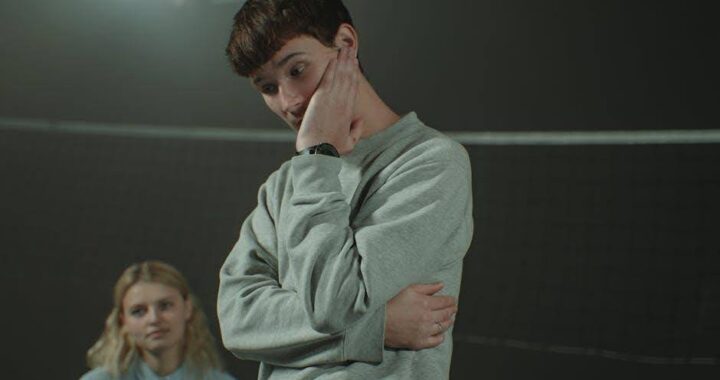
Understanding the Link Between Cerebral Palsy and Medical Negligence
Medical negligence during childbirth can have life-altering consequences, especially when it leads to conditions like cerebral palsy. Cerebral palsy is among the most severe conditions that can impact a child’s early development. Although not all cases are preventable, some occur due to errors made during childbirth.
Knowing when medical negligence may be involved can help families seek the answers and the support they deserve. Understanding cerebral palsy and autism is also essential in navigating the long-term challenges these conditions may present throughout the child’s life.
In this blog, we will discuss the link between cerebral palsy and medical negligence.
What Is Cerebral Palsy?
Cerebral palsy, or CP, is a condition that affects how a person moves and controls their muscles. It can cause stiff muscles, trouble walking, or trouble with speech and balance. Some children have mild symptoms, while others may need care for life. It happens when there is damage to brain areas that control muscle movement. There are different types of cerebral palsy, including:
- Spastic CP: Causes stiff muscles and jerky movements.
- Dyskinetic CP: Makes it hard to control movements.
- Ataxic CP: Affects balance and coordination.
It is one of the most common movement disorders in children in the United States.
What Causes Cerebral Palsy?
Doctors know that many things can lead to cerebral palsy. Some of them happen before birth, such as
- Infections during pregnancy
- Lack of oxygen to the brain
- Genetic conditions
But sometimes, CP happens because of mistakes during birth. In those cases, medical negligence could be the reason. Knowing the difference between what can’t be controlled and what could have been avoided is essential.
What Is Medical Negligence?
Medical negligence occurs when a healthcare worker fails to provide proper care. It happens when a doctor or nurse makes a mistake that another trained professional wouldn’t have made in the same situation.

To prove medical negligence, four things must be shown:
- The doctor or hospital had a duty to care for the patient.
- They did not follow proper care steps.
- Their actions caused harm.
- The patient suffered from that harm.
This mistake can happen during labor, delivery, or just after birth.
How Can Medical Negligence Cause Cerebral Palsy?
Not every case of CP is caused by medical negligence. But when it is, the results can be life-changing. Some common examples include
- Delays in performing a C-section: Waiting too long can lead to a lack of oxygen for the baby, which may affect the fetus’ brain and cause cerebral palsy.
- Failure to monitor the baby’s heart rate: Signs of distress can be missed and cause brain damage.
- Improper use of delivery tools: Forceps or vacuum extractors, when misused, can injure the baby’s head.
- Not treating infections: If the mother has a disease that isn’t treated, it can harm the baby’s brain.
- Lack of oxygen (hypoxia): Even a short time without enough oxygen can damage the baby’s brain.
The injury could have been prevented in these situations if proper steps had been taken.
What Should Families Look Out For?
If a child has CP, it’s good to review what happened during delivery. Some signs that could point to medical negligence include
- The baby didn’t breathe right away.
- There was a sudden need for an emergency C-section.
- The baby spent time in the NICU (Neonatal Intensive Care Unit).
- Tools like forceps were used during delivery.
A second medical opinion and a legal review can help families understand if a mistake occurred.
What Legal Options Are Available?
If medical negligence is suspected, families may be able to file a medical malpractice claim.

This can help cover:
- Hospital bills
- Therapy and treatment costs
- Lost income if a parent has to stop working
- Pain and suffering
There’s usually a time limit for filing a claim, known as the statute of limitations. This can vary by state, so it’s essential to look into it early. A lawyer who focuses on birth injuries can guide families through the process. They often work with doctors to understand how the injury happened and what care will be needed in the future.
Why Accountability Matters
When doctors or hospitals make serious mistakes, they should be held responsible. This helps protect other families from going through the same thing. It also encourages better training, equipment, and safety rules in delivery rooms. Families deserve answers, and when mistakes happen, they deserve support, too.
The Final Verdict!
Cerebral palsy is a serious condition with many possible causes. Sometimes, it happens naturally. Other times, it’s linked to negligence during birth. Knowing the signs of medical negligence can help families understand what went wrong and plan for the future. If you suspect medical negligence, consult a birth injury lawyer immediately.





